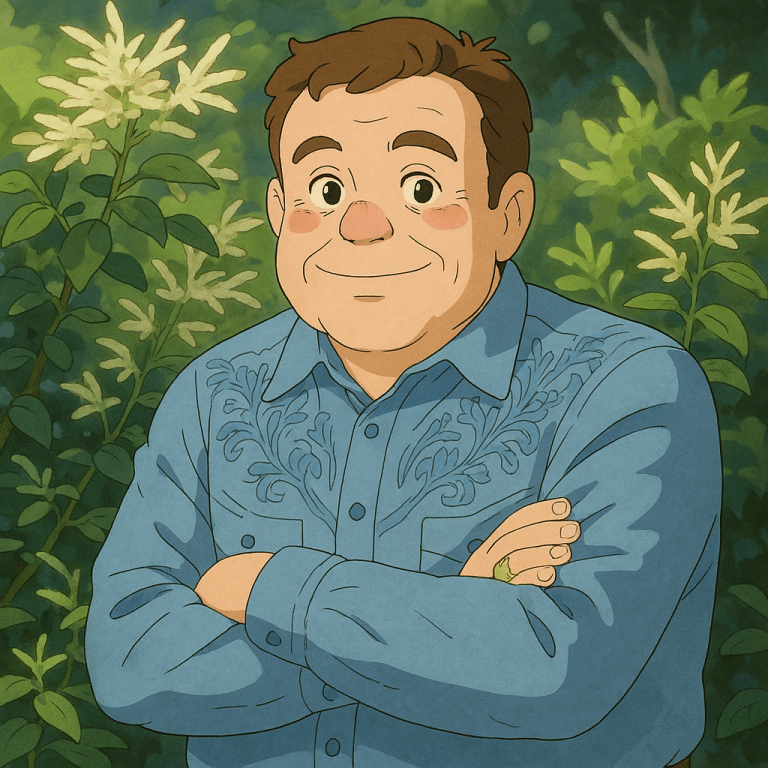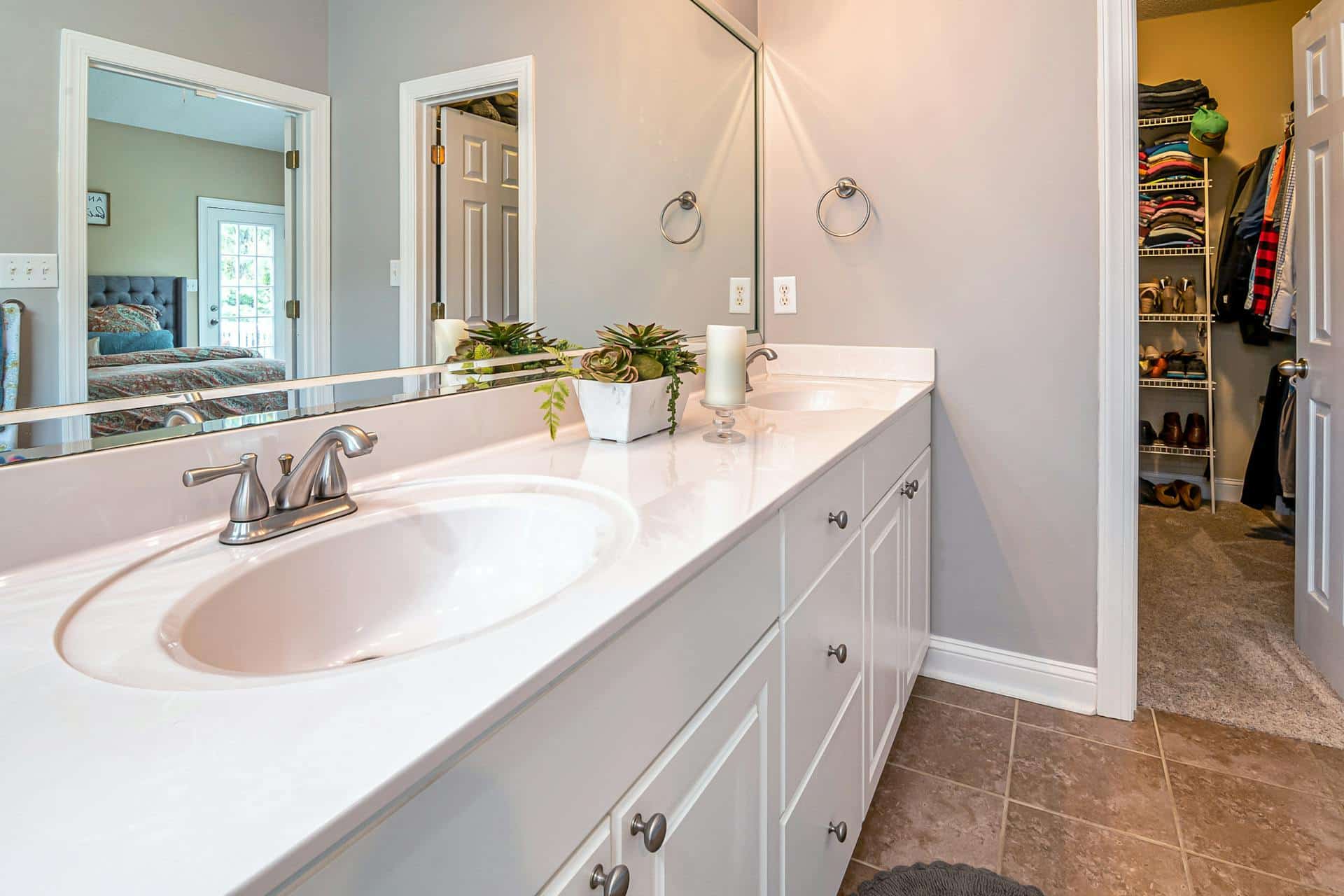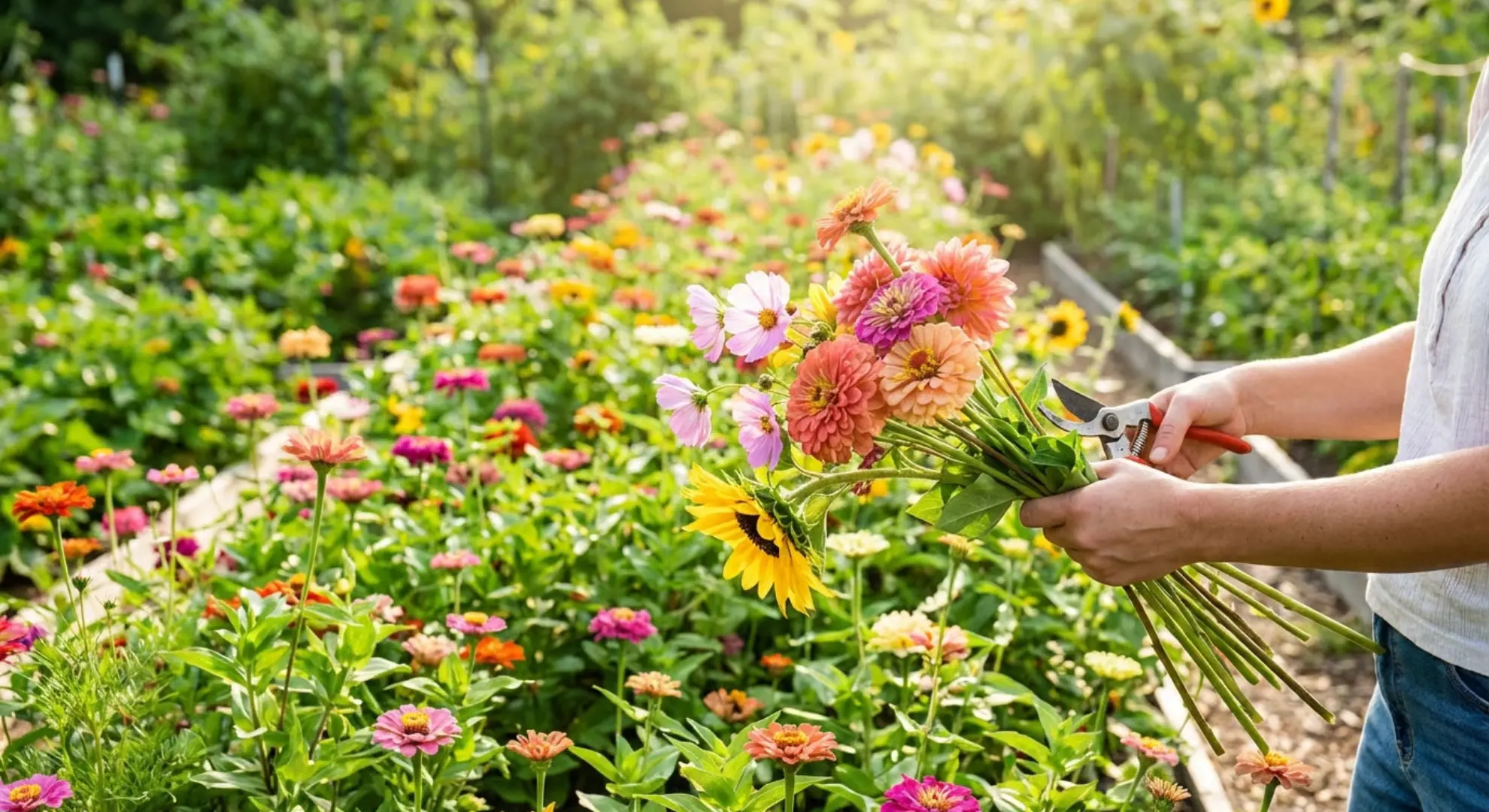Have you ever wondered why some homes seem to last for generations while others fall apart in just a few years? The secret often lies in smart, proactive investments. Taking care of your home isn’t just about fixing things when they break. It’s about spending wisely today to prevent big costs tomorrow. Simple upgrades and preventive maintenance can help you save money, avoid stress, and keep your home strong for decades.
In this blog, we will share smart investments that can extend the life of your home, so you can enjoy it for years to come.
Regular Roof Maintenance and Repairs
Your roof is one of the most important parts of your home. It protects you from rain, wind, and snow. But many homeowners forget to take care of it until there’s a leak. A smart investment is having your roof inspected every year or after big storms. This helps catch small issues like cracked shingles, blocked gutters, or loose flashing before they turn into costly problems. Cleaning your gutters regularly also helps prevent water from pooling and causing roof damage.
If your roof is older or has had frequent issues, it might be time to call roof replacement contractors. They can assess your roof’s condition and let you know if it’s worth fixing or replacing. Replacing a roof may seem expensive, but it can add decades to your home’s life. A new roof improves energy efficiency and keeps your home dry and safe. Taking care of your roof now will protect the rest of your home later.
Upgrading Your Home’s Insulation
Many older homes don’t have proper insulation, which leads to higher energy bills and more wear and tear on heating and cooling systems. Investing in insulation upgrades can make your home more comfortable year-round and reduce stress on your HVAC system. Good insulation also helps keep moisture out, which protects walls, ceilings, and even your roof from damage.
Focus on areas like attics, walls, and crawl spaces. Adding insulation in these places helps maintain indoor temperatures and can prevent mold and mildew from forming. You might also consider weatherstripping doors and windows to stop drafts. These upgrades may seem small, but over time, they add up to big savings and longer life for your home systems and structure.
Installing a Sump Pump or Improving Drainage
Water is one of the most damaging forces for a home. Even a little moisture in the basement or foundation can lead to mold, rot, and structural issues. A smart way to avoid this is by investing in a sump pump. This device removes excess water from your basement before it can cause damage. It’s especially useful if you live in a rainy area or have a home built on a slope.
Another good investment is improving your yard’s drainage system. Make sure your gutters and downspouts move water away from your house. Consider grading your yard so water naturally flows away from the foundation. These changes may seem simple, but they can save you thousands in water damage repair and help protect your home for years to come.
Replacing Old Windows and Doors
Old windows and doors do more than just look outdated—they let in drafts, water, and even pests. Replacing them with newer, energy-efficient models is a smart investment that can extend your home’s life. New windows and doors help maintain a stable indoor temperature, reducing strain on your HVAC system and keeping moisture out of your walls.
Look for models with proper sealing and insulation. Double-pane windows are a great choice, as they reduce noise and help control indoor temperatures. Replacing rotted wood frames or cracked glass also improves your home’s security and value. While this upgrade might cost more upfront, it pays off by protecting your home and lowering your monthly energy bills.
Updating Plumbing Fixtures and Pipes
Plumbing problems often start small—like a slow drain or a tiny leak—but can lead to major damage if ignored. Water leaks can weaken your home’s structure and lead to mold growth. Replacing old pipes, especially if they’re made of outdated materials like galvanized steel, is a smart long-term investment. Modern piping, such as PEX or copper, lasts longer and is more reliable.
You should also consider upgrading your faucets, showerheads, and toilets to newer models. These often use less water, which lowers utility bills and reduces stress on your plumbing system. Regularly checking for leaks and corrosion helps catch problems early, and professional plumbing inspections every few years are worth the cost to avoid future disasters.
Investing in a Quality HVAC System
Your heating and cooling systems work hard every day. If they’re outdated, they not only cost you more money in energy bills but also struggle to maintain a comfortable temperature. Replacing an old HVAC system with a newer, energy-efficient model can improve comfort and increase your home’s lifespan. New systems are quieter, use less energy, and are better for indoor air quality.
It’s also important to maintain your HVAC system regularly. Change air filters every 1–3 months, clean vents, and have it serviced annually by a professional. This keeps it running efficiently and helps prevent breakdowns. A good HVAC system, combined with regular care, protects your home from moisture and temperature swings that could damage walls, floors, and more.
Sealing Cracks in Foundation and Exterior Walls
Even small cracks in your home’s foundation or walls can allow water, pests, and air to enter. Over time, this can weaken the structure of your home and create serious problems. A smart move is to inspect your home’s exterior every year and seal any cracks you find. You can use caulk or special sealants made for masonry, depending on the surface.
In some cases, you may need to hire a professional for larger cracks or issues. They can assess whether there’s a bigger structural problem to address. Taking the time to seal up cracks helps prevent future damage, improves energy efficiency, and keeps your home safe and solid for years to come.
In conclusion, taking care of your home doesn’t always mean spending big money on flashy upgrades. Sometimes, the smartest investments are the ones that protect what you already have. By making thoughtful decisions—like improving insulation, upgrading plumbing, and replacing old windows—you’re giving your home the strength it needs to last. Small steps today can prevent big problems down the road.








